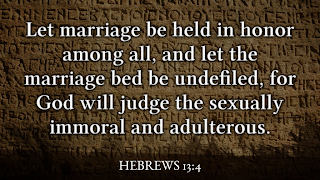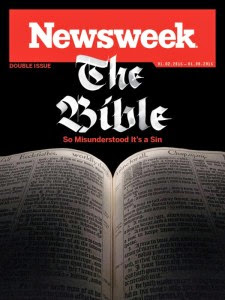“Coin-eh” or “Keen-ee”?

How do you pronounce Κοινή? Like most English-speakers who learn Koine Greek, I learned Erasmian pronunciation , the standard academic method for non-Greeks since, well, Erasmus of Rotterdam produced his Novum Instrumentum omne in 1516; and judging from this post on the Logos Bible software blog, "Academic," it will remain so for a long time to come.









